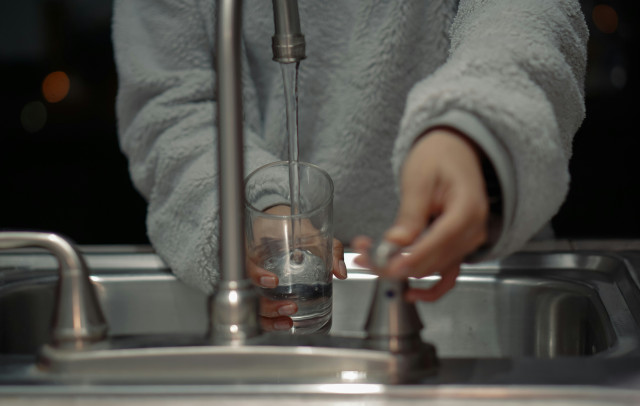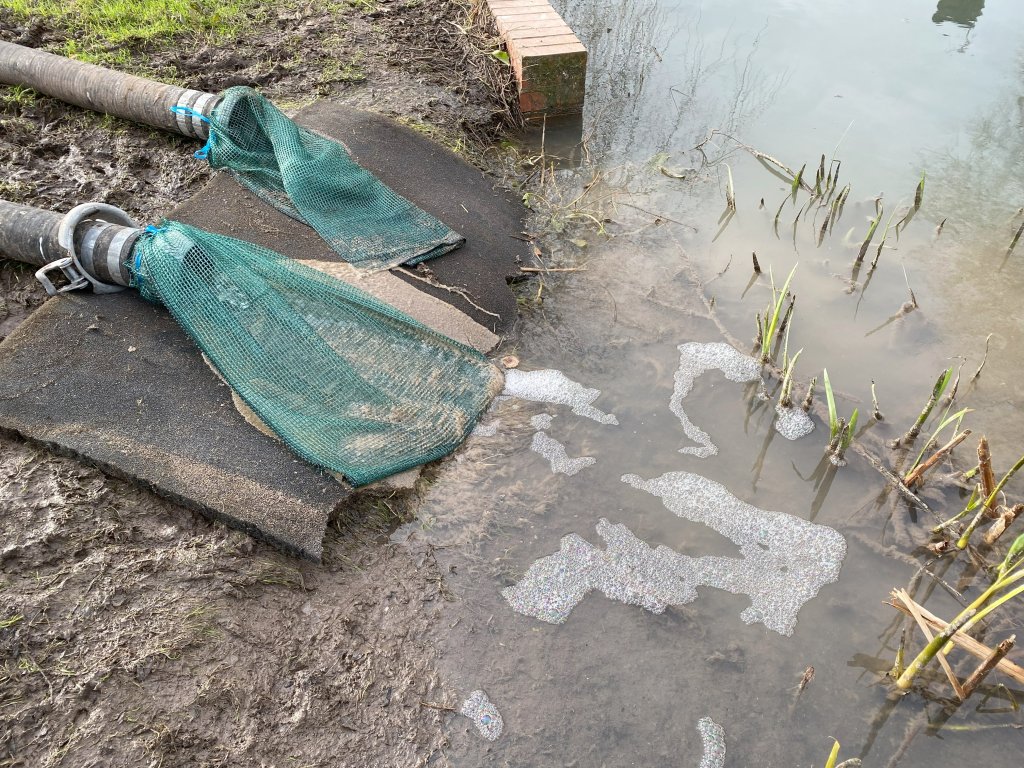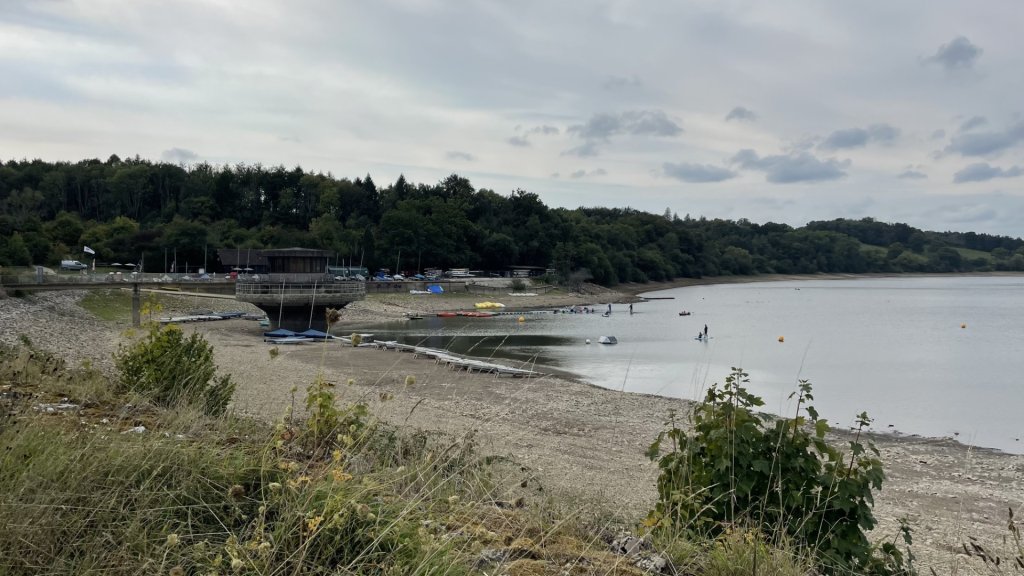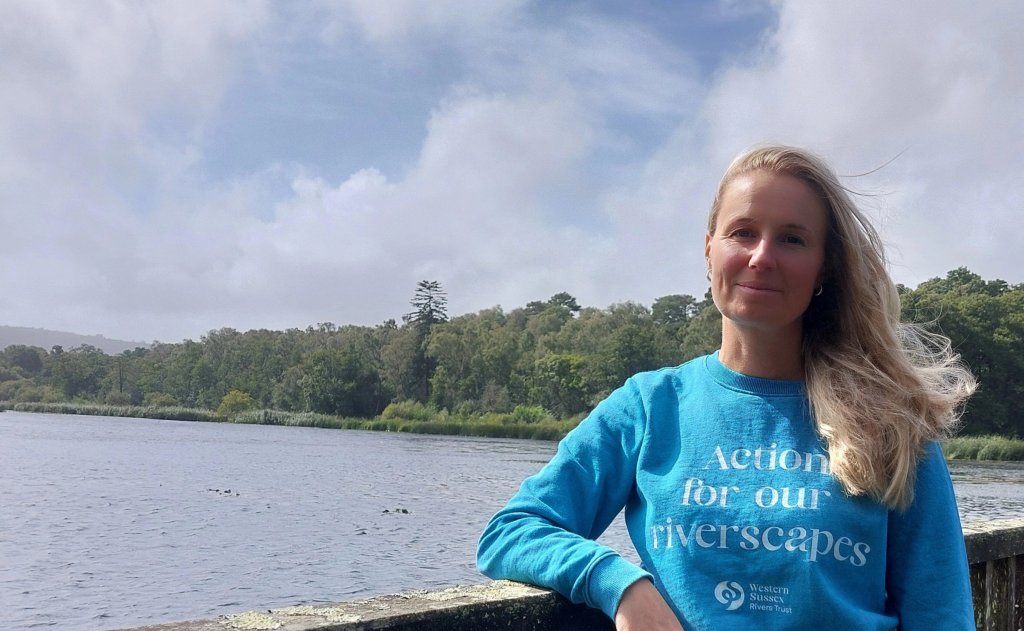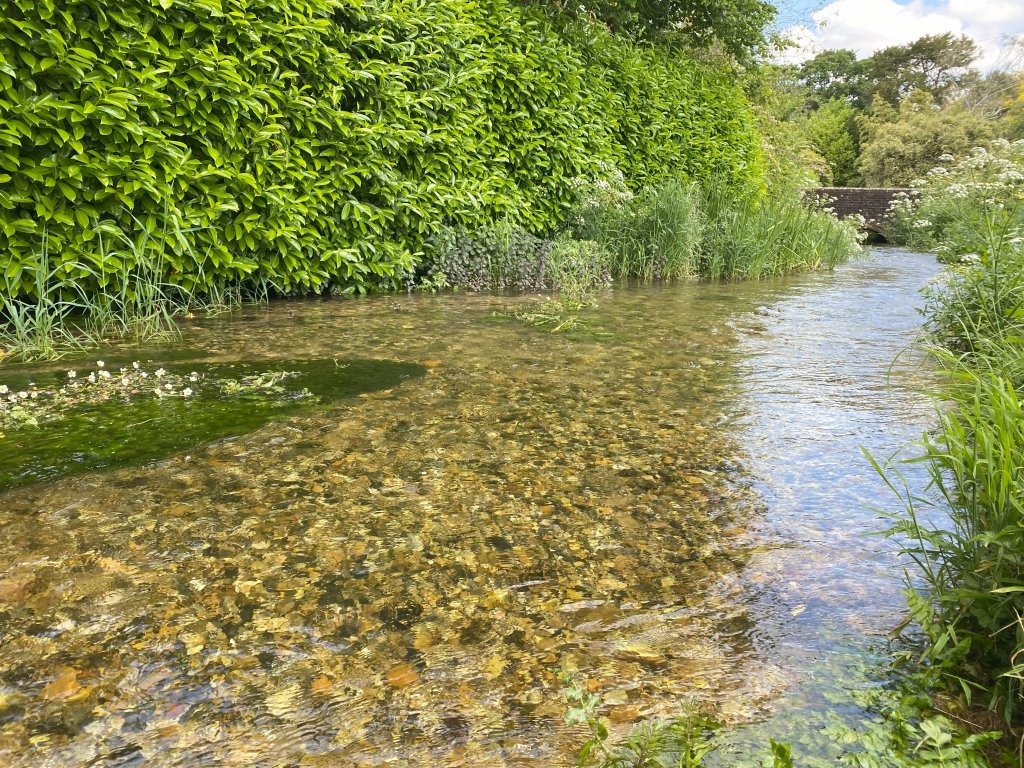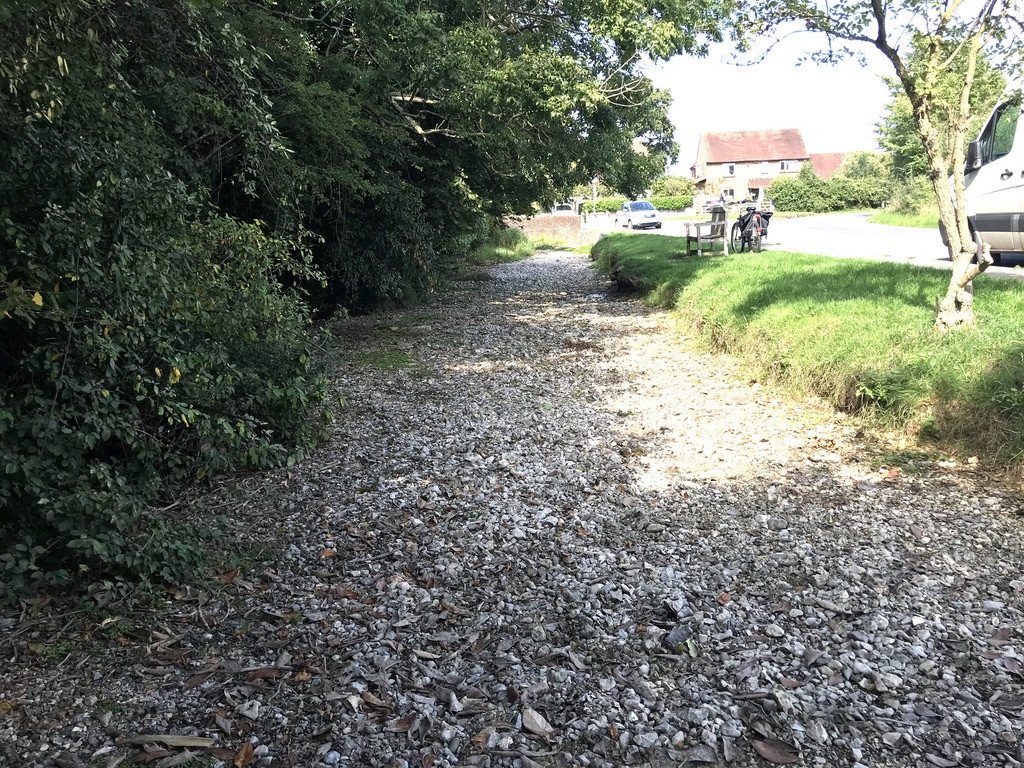Environmentalist, writer and campaigner for nature, Roger Morgan-Grenville shares his thoughts on the real water scandal which we’re not talking enough about…
Right Subject; Wrong Target
Leaping exclusively on the sewage bandwagon might get it off your chest, but it may also be missing the point…
Two lines in John Betjeman’s poem, The Arrest of Oscar Wilde at the Cadogan Hotel, sum up perfectly much about British mainstream activism. The lines are:
‘Approval of what is approved of
Is as false as a well-kept vow’
Traditionally, we are rather good at getting hot under the collar about things, but most of us only do so publicly when bolder pioneers have made it safe, acceptable and unexceptional to do so. Our mass protests are decidedly mainstream and, often, comfortably middle class. The price of this is that they often fail to notice the shifting sands until they have been swept hundreds of yards down the beach.
Take illegal sewage releases and the water companies. The pioneers were onto this campaign years, even decades ago, often at great personal cost, but it was only really when a few celebs got involved that it became socially safe for the rest of us to join in, a good supper party subject about which no reasonable fellow guest could possibly disagree. Ask most of us whether river water quality had actually improved or deteriorated since the 1980s and in which categories, and we probably still wouldn’t have a clue. We are actuated almost entirely by headlines in this country, and the important point here is mainly to be seen to be publicly outraged.
As this is a countryside platform, my metaphor of choice might be that, in concentrating exclusively on chasing one fox, another one is silently robbing the unattended hen-house. We are fast running out of water.
Things move on. So must we.
Don’t misunderstand me. The water companies had it all coming to them, and I remain staggered that no executive has spent time in prison as a result of recent court cases, not least alongside the £90 million fine handed down to Southern Water in 2021 for what was described by the judge as persistent ‘criminal’ practice. Those privatised utilities mostly stole the goose that laid the golden eggs, garrotted it, and offshored the proceeds to a thousand different sunny places where neither the regulator nor the taxman could catch up with it or them. Their behaviour has been almost beyond parody, and we will of course be paying the price for years.
But, all the same, we are still getting our water, cheap water, clean water and as much of it as we want. It is this that is about to change. The endless energy that we are now putting into kicking the water companies may shortly become counter-productive, and it may be that a little bit of that energy should be transferred towards also kicking ourselves, or the government, or the housebuilders, or all three.
By 2055, public water supply is forecast to be short by 5 billion litres a day ‘without urgent action to future-proof resources’; in more understandable terms, that is about a third of what we need, or half of it if you happen to live, as I do, in the south-east. This has little to do with the current heat wave, or the government’s recent associated declaration of a ‘nationally significant water shortage’, and everything to do with the way we have for decades placed little or no value on the wonderfully clean water that comes out of our taps. In a country famed for its frequent months of rain, and with a plentiful supply of groundwater from the geological gift of its aquifers, this coming shortage may be considered something of an achievement. Certainly, water professionals from arid countries like Israel and Greece look at us with open-mouthed amazement. But we shouldn't be so surprised: a country that hasn’t built a single new reservoir since the one at Carsington in Derbyshire in 1992 (and won’t open the next one until 2029 at the earliest), clearly doesn’t take the issue very seriously and arguably deserves the shortages that it will get.
Cheap water is undervalued water
Our indifference to the value of water is partly driven by its cheapness, a situation largely caused by successive governments quietly bullying OFWAT (the industry regulator) to squeeze and limit price increases by prioritising artificially cheap water ahead of long-term investment in future supplies. When something is too cheap, we are less likely to value it, and when we don’t value it, we tend to use unsustainable amounts of it. To be precise, 149 litres per person per day in our case, which is 70% above the equivalent 1985 figure. (Source: Internet Geography). This wouldn’t matter quite as much as it now does if we weren’t wasting around a third of it ourselves, to add to the embedded water we are losing in our food waste and the 1 trillion litres (including 20% of all treated water) that the water companies are losing through leakages in the antiquated pipe system. You may take whatever comfort you can to know that this fault currently being rectified at the sub-glacial rate of around 0.05% of the system each year. (Source: Guardian).
Although it is highly unlikely that all of Angela Rayner’s 1.5 million new houses will actually be built by 2055, let alone by the end of this parliament as promised, the damage is starting to be done now, especially in the already overheated area around London. The water companies, whilst they have a vague right to statutory consultation about new developments, are denied by the planning system the right to object, even if they are 100% certain that they are not in a position to provide the water these developments will need.
The authorities talk glibly about ‘water neutrality’, (by which any new development should not increase the total amount of water in a specific area compared to the existing level), as if that is possible, let alone likely; I mean, imagine a new 2,500 house development using any extra water! The very thought. And if we proceed with all those planned 100 extra data centres that we are currently proposing to build so that AI can tell us the things we are looking for a few nanoseconds before we used to be able to find them, you can say goodbye to another 2 or 3 billion annual litres of water on cooling that, too. (Source: Oxford Department of Engineering. Figure is small 1MW data centre equivalent). Meanwhile, abstraction levels go up and up both for farming and water use, as the river levels drop ever downwards.
Believe it or not, they're scared of you.
When I asked a Southern Water executive (off the record, as these conversations always seem to be), why they were not allowed to implement a stepped pricing system by which, say, your household would pay Price A for the first 100 litres used per person, Price A + 50% for the next 50L and Price A x 2 for everything above that, he smiled wanly and said that, though they agreed that this was absolutely the way they wanted to go, they have hitherto been prevented from even raising it, still less doing it.
Governments, and their agencies, live in fear of being seen to patronise us by suggesting, say, sensible things like shorter showers, grey water recycling, rain barrels, unpaved driveways and not flushing our toilets during storms, and so they simply don’t talk about it at all. Worryingly, we live in a society where it is almost impossible to tell us how to behave any more, lest doing so offends a small minority of us. Thus, for example, water companies reluctantly drag their feet on implementing hosepipe bans until long after they are needed, because to do so affects their consumer reviews which, in turn, creates trouble for them with their regulator.
The uptake of domestic water saving schemes such as Hydraloop shower recycling devices remains stubbornly low. In view of our squeamishness, it is little wonder that the percentage of safe, recycled water coming back through our taps in the UK lags behind the EU by a factor of 40, even if future predicted droughts are likely to change this coefficient. Perhaps the recent Cunliffe Report’s recommendation of mandatory metering will help, although with the current government’s general record of nettle-grasping, I wouldn’t bet on it. (Independent Water Commission. Final Report. July 21 2025).
The Cunliffe Report goes on to make 87 further recommendations, of which a review of the automatic right of developers to connect new developments to water supplies and the sewer is probably the most important in respect of future supply. But you could also add more rainwater harvesting in new developments, implementation of sustainable drainage systems, stronger environmental regulation, strengthened enforcement, reduced volatility and a catchment-based approach that will allow for ‘a more holistic and efficient approach to addressing regional infrastructure needs.’ Even if all you do is read the executive summary, the report is a scary indictment of 40 wasted years of private ownership. The question is not over the report's excellence, but whether it will go the way of so many previous authoritative reports that just prove too culturally or financially difficult to follow through on.
And all the time, the groundwater levels reduce year on year, and the future challenges increase. As with climate change, so with nature loss, pollution and water, it is still human exceptionalism that time and again prevents our leaders telling us that one day, and the sooner the better, we all need to consume less. Water included.
The quiet death of a river
In her office yards from the River Rother at Fittleworth, CEO of the West Sussex Rivers Trust, Aimee Felus, shows me a short video.
‘Those are bullheads dying on the dried out river bed of the River Ems. There’s probably only so few as the Grey Herons have been having a bonanza for the last few days.’
The Ems is one of Sussex’s precious chalk streams, one of only 260 in the world, of which 85% are in the UK. Actually ‘was’ would be a better verb to describe the Ems, as it has now all but dried out and with it, all the river life is dying out, too.
There has been little rain for four months now, so it was never going to be at normal levels by late summer. But chalk aquifers are wonderful at slowly releasing the water that may have lain within them for centuries and will naturally keep the stream running at an acceptable level until the rains return once again. For the Ems to have dried out completely has taken abstraction beyond sustainable levels for the flow of the stream.
I ask Aimee to sum up the problem. ‘No matter where you live, every time you turn on a tap or flush the toilet your actions are connected to a river,’ she begins. ‘It’s a simple fact, but one of which far too few of us are aware. We’re approaching an age in which the very existence of our chalk streams is in jeopardy. These are habitats rarer than rainforest, the equivalent of our barrier reef. I’m afraid we can’t comfortably blame the water companies to assuage our guilt. They abstract for one simple reason – to supply us with our water. Of course, they have much work to do in fixing leaks and rolling out smart meters to every household – and this must be urgently implemented. But we must also take individual responsibility. Then our collective actions will make a difference.’
In a thousand places around the country, water will return to the rivers, but there is no guarantee that the bullheads, or any of the other wildlife will.
No matter. You can still, as of today, wash your car in Portsmouth and sprinkle your lawn in Petersfield.
And freedom to do that, of course, is the most important right of all.
(This article first appeared on ScribeHound Countryside - https://www.scribehound.com/countryside/shooting-talk/s/conservation/right-subject-wrong-target?ref=author-view-page)
